|
By Ian Long In the last ten years, TV series have become central to screen storytelling. So it’s interesting that many of the most striking and successful series use Film Noir/Neo-Noir techniques to make their stories possible, and to create their anti-hero protagonists - techniques which, once understood, can be used for many kinds of narratives. 1. Voiceover: Dexter We’re often told that voiceover is off-limits in screenwriting. But many Noir stories would not only be impoverished without it – they’d become downright meaningless. Imagine Sunset Boulevard if Joe Gillis’s beyond-the-grave testimony were absent, or Memento without the voiceover that reveals Leonard’s inner thoughts and the reasoning behind his actions. Dexter uses extensive voiceover to get us inside the head of its lead character, a psychopath trained by his father to use his proclivities “for good” – i.e., to off other serial killers who’ve been overlooked by the law. Through Dexter’s voiceover, we experience his awkwardness as he tries to fit into an emotional world he can’t understand: mimicking normal human reactions, trying to give signs of affection and even sexual desire which he’s unable to feel. It’s no small feat to make an audience empathise with someone who lacks all empathy himself; Dexter manages it, but it wouldn’t be possible without voiceover. 2. Time Running Out: Breaking Bad Noir typically deals with situations where the main character’s time is running out - or has already come to an end. Some Noir stories even begin with the protagonist’s death, then reel back in time to show us what led to his or her downfall. When Double Indemnity begins, for instance, its protagonist is already on the verge of death from a gunshot wound. In Breaking Bad, it’s Walter White’s diagnosis of terminal cancer that sets a clear boundary to his life. Walter uses the diagnosis to justify his increasingly extreme actions, telling himself that he's ensuring his family's future when he's no longer around. But the truth is that cancer is the excuse he's always needed to unleash the latent, malign sides of his personality. For Walter, the prospect of time running out is a dark liberation. 3. The Damaged Investigator: Hannibal Hannibal is a hybrid Horror-Noir, and the Noir device of the damaged investigator is a crucial element in the series. Will Graham tracks down deranged killers by projecting himself so deeply into their psyches that he’s in constant danger of tipping into breakdown or psychosis himself. Many Noir detectives are struggling with similar issues. Again, think of Leonard, struggling to solve a crime without a functioning memory in Memento; a British example is John Mills in the October Man, another brain-damaged man trying to clear himself of a murder he dimly suspects he may have committed. Or Leonardo DiCaprio in Shutter Island, the deluded inmate of a remote asylum who thinks he is a police detective investigating a case. Damaged investigators give stories extra fascination; because, in true Noir style, they embody elements of both Protagonist and Antagonist. 4. Corrupt Organisations: The Wire In Noir, all human organisations tend towards a similarly corrupt and venal model. Fritz Lang’s 1929 film M (the first Noir?), parallels a tightly-run criminal ‘corporation’ with the Berlin police force: both are united in a desire to rid the city of a child-killer who - police and criminals agree - is very bad for business. In a similar way, The Wire shows us how the illicit drug business works in Baltimore, its hierarchy of operatives governed by the logic of making money and getting ahead in their careers, whatever this may take. And we come to understand that the 'criminals' are very much like the Baltimore police force and the FBI, their supposed moral opposites, who are also primarily focused on careerism and getting rich. We're running a workshop on writing Neo Noir on February 13, where you can find out more about these and other techniques - and come up with your own variations through fun and inspirational exercises.
To find out more, click here.
3 Comments
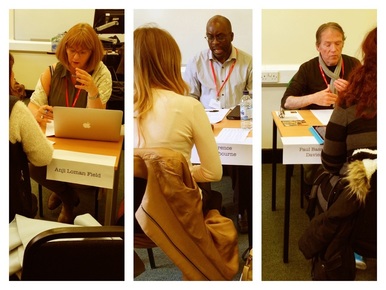 LSF’s Euroscript Script Surgery 2015 Theresa Boden Euroscript’s Script Surgery team of Script Doctors ran another intensive 3 day session at this year’s London Screenwriters’ Festival. Over 150 LSF delegates were warmly welcomed in and offered advice and tips on developing their treatments, formats, initial project ideas, how to polish their pitch and tackle the next draft of their scripts. We were new to some of you and familiar to others who have visited us at previous festivals, as well as attended our regular courses, Development Workshops and use our Script Feedback and Consultancy services. “Invaluable. One of the best hours I’ve spent in the last 3 years of script development.”
With all the how-to books and websites offering their blueprints to a successful script and all the inspiring sessions at the LSF, it can be overwhelming when a writer comes to apply it to their own work. At Euroscript we aim to clarify and illuminate clear, constructive paths for the writers we work with and ensure they have the tools they need to develop the best possible version of their screenplay. And as always at LSF we thoroughly enjoyed meeting all our writers and getting the chance to discover and discuss all the inspiring and wonderful ideas, stories and projects that were brought to the Surgery. Development is of vital importance to making a good idea into a great script and it’s a mission that is very dear to us. It seems it is just as important to all of you from reading all the positive feedback you gave us over our 3-day campaign. Here are just a few comments: “Wonderfully detailed with guidance that will progress my screenplay to a new direction.” “I never knew I could cover so much in terms of both structure and characterisation in an hour.” “The most inspirational hour you will ever spend at LSF” “I would definitely recommend Euroscript.” Makes it all worthwhile to know we’ve been able to help. Watch out for more of our Script Surgeries soon and let us know in the comments what your highlights of the weekend were. In the meantime, make sure you follow us on Twitter and Facebook to get all the latest tips and news. And I’ll leave you with my favourite comment: “It makes you want to write as soon as you leave the session” |
BLOGTHE ONLY PLACE TO TALK ABOUT THE CRAFT OF SCRIPTWRITING.
|
Privacy Policy © Euroscript Limited 2020

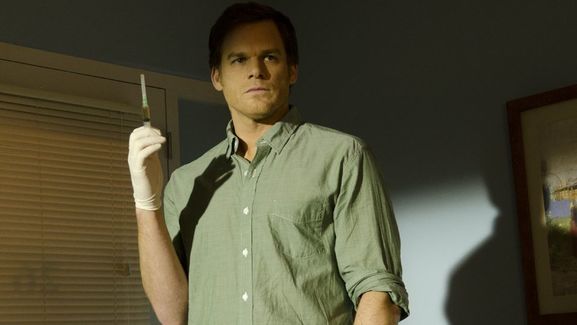
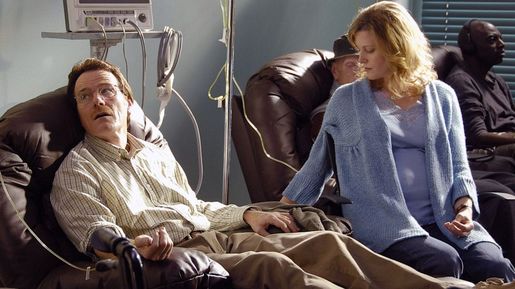
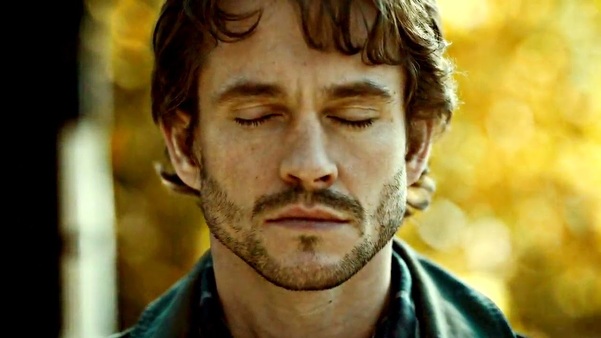
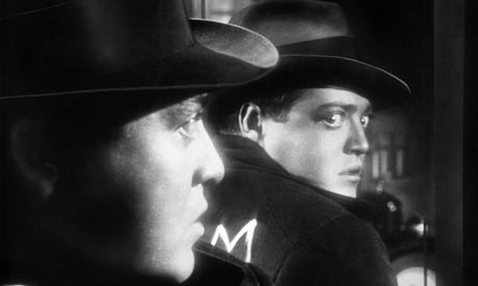
 RSS Feed
RSS Feed


